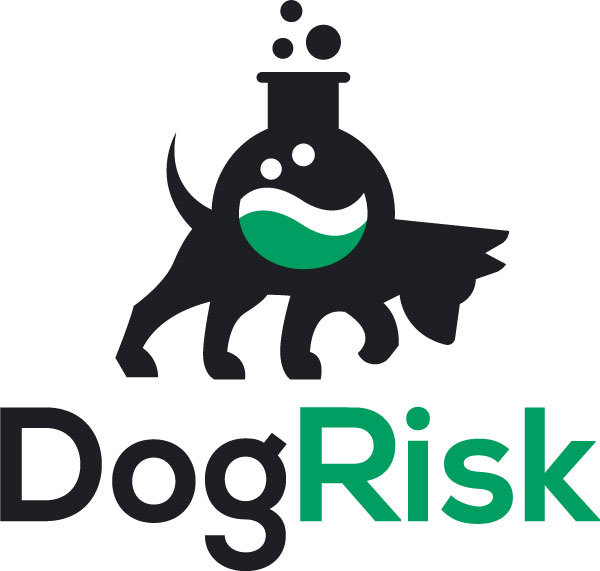Objective of the Study
Identify causes of allergy that can be controlled by owners to help reduce the incidence of canine atopic dermatitis (CAD), also known as environmental allergies.
More specifically, the aim of this study was to investigate whether a non-processed meat based diet (raw) or an ultra-processed carbohydrate based diet (kibble) as well as environmental factors and their timing of exposure (prenatal/neonatal/ postnatal) may be associated with the development of canine atopic dermatitis (environmental allergies) in adult dogs.
Background on Canine Atopic Dermatitis (aka environmental allergies):
- Incurable and expensive to treat. Symptoms for pets include itching, excessive scratching, hot spots, greasy or flaky skin, hair loss, ear infections and excessive chewing on the paws.
- Disease prevalence is up to 27% in dog populations. Usual eruption occurs within the first 3 years.
- While causes are complex (including genetics and environmental factors) experiences early in life appear to set the stage for developing this disease later, by ‘programming’ the immune system.
- In human atopic dermatitis, the diet early in life (as well as exposure to other variables such as pets, the outdoors, etc.) and even before birth during the mother’s pregnancy help to determine whether allergies will develop.
Method of the Study
- The internet questionnaire known as the DogRisk study, which was launched in 2009, was used to gather data.
- The questions cover diet, vaccines, medical history, environmental history etc – all in all it generates 1,332 pieces of data per dog!
- There are lots of purebred dogs and breeders taking part, and so information on the diet eaten by a dog’s mother while pregnant was available
- A total of 2,236 dogs were divided into allergy prone vs non-allergy prone groups.
- The dogs had to be eating one of two diets – either a raw meat-based diet or a dry kibble
The Results
- If a puppy’s mother ate raw, or the puppy’s first solid food (from 1-2 months of age) was raw, there was a decreased chance that it would have allergies as an adult
- If a puppy’s mother ate kibble, or the puppy’s first solid food (from 1-2 months of age) was kibble, there was a increased chance that it would have allergies as an adult
- The diet consumed by puppies from 2-6 months of age tended to be associated with the risk of developing environmental allergies in adulthood similar to above, but the results were not deemed statistically significant
- We now have evidence that feeding a raw diet to puppies or to their mother before birth is associated with a lower chance of developing allergies later in life.
Why Raw May Help:
- Raw contains microbes that stimulate and educate the immune system such that it is protected from developing allergies later in life
- Processing changes food in a way that increases the chances of becoming allergic
- The nutrient profiles of the raw diet (high protein, a broader range of functional compounds, and no cooking toxins) protects the immune system from developing allergies later in life
View the Published Paper
Limitations of this study:
This is an observational study which has inherent weaknesses, although for this type of study it is well controlled. One weakness is that owners were asked to remember aspects of care and feeding years previously and may not have reported them accurately. Second, some of the diagnoses and descriptions of medical conditions were based on the owners’ judgements and were not verified by professional veterinary diagnosis.






